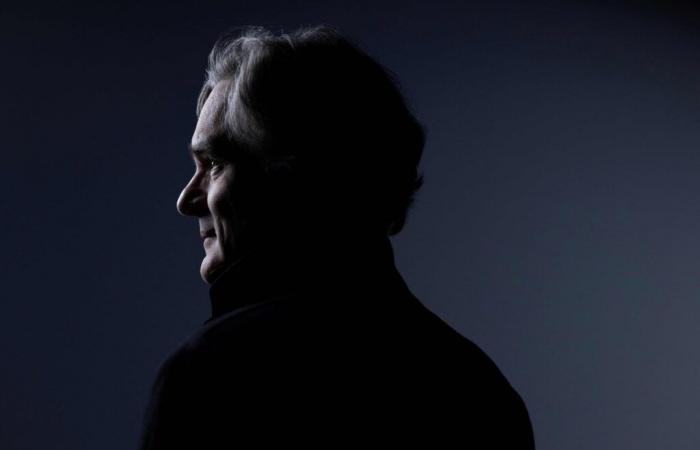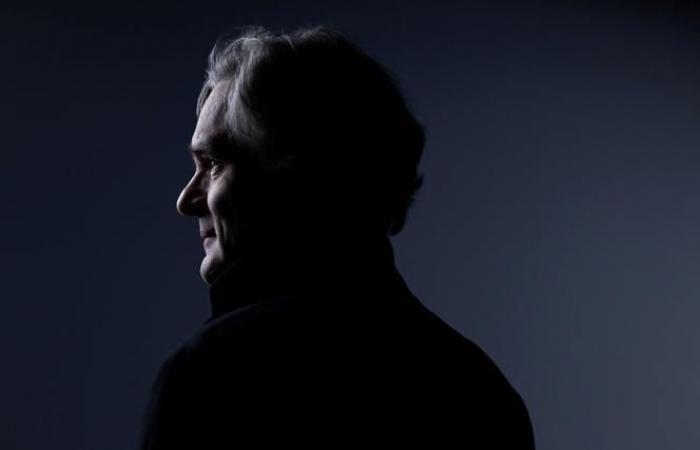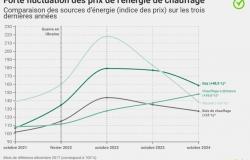To mark 10 years since the attack on Charlie Hebdoon January 7, 2015, the satirical newspaper published a book which paid tribute to the eight members of the team murdered that day. Charlie freedom. The diary of their life (Les Echappés, 224 pages, 29.90 euros, in bookstores on December 5) is a book that is overwhelming in its fragility, its very simplicity, since it is essentially content to show the images of the cartoonists Cabu, Charb , Honoré, Tignous, Wolinski, and to read the texts of the psychoanalyst Elsa Cayat, the proofreader Mustapha Ourrad and the economist Bernard Marris. We discover, for example, the youthful drawings of Cabu (an advertisement for Météore pens, caricatures made at age 15, etc.), of Charb (a family portrait, a middle school fanzine, etc.) or of Honoré (some contributions to theAlmanac of Vermot). To those missing that Philippe Lançon, in The Lambeau (Gallimard, 2018), called “the dispossessed”the book restores, directly on the pages, a solidarity which takes its source in the joys of childhood. Interview with Riss, director of Charlie Hebdo.
“It is impossible to write anything” about the attack on “Charlie Hebdo”, you wrote in your book “One minute and forty-nine seconds” (Actes Sud, 2019). Is this the reason why the tribute album “Charlie Liberté” leaves so little space for text and favors drawings?
We always feel a little illegitimate to evoke the missing, it's very uncomfortable, the years pass, we fear being forgotten. However, they deserve better than to be commemorated like the victims of an attack, they were above all artists, and their lives as artists or intellectuals began early, before Charlieand it radiated beyond Charlie. I wanted to show their talent, their artistic sensitivity, what they created. And then, I like to give the material directly to the reader, I prefer that he discovers for himself, that he makes up his own story.
You have often stated your refusal to see “Charlie” become a museum. So, this book, if it’s not a museum in your eyes, what is?
I wanted to make people understand everything we lost. Each of them was a small world, had a unique sensibility, and that was what was destroyed. The more the years pass, the more time is frozen, as if it had stopped on January 7, 2015. I notice this when I meet high school students, at the time they were 5 years old, for them it was is an event that belongs to history. And that's strange to us, for us it's still a current event, a lived event.
You have 80.51% of this article left to read. The rest is reserved for subscribers.







